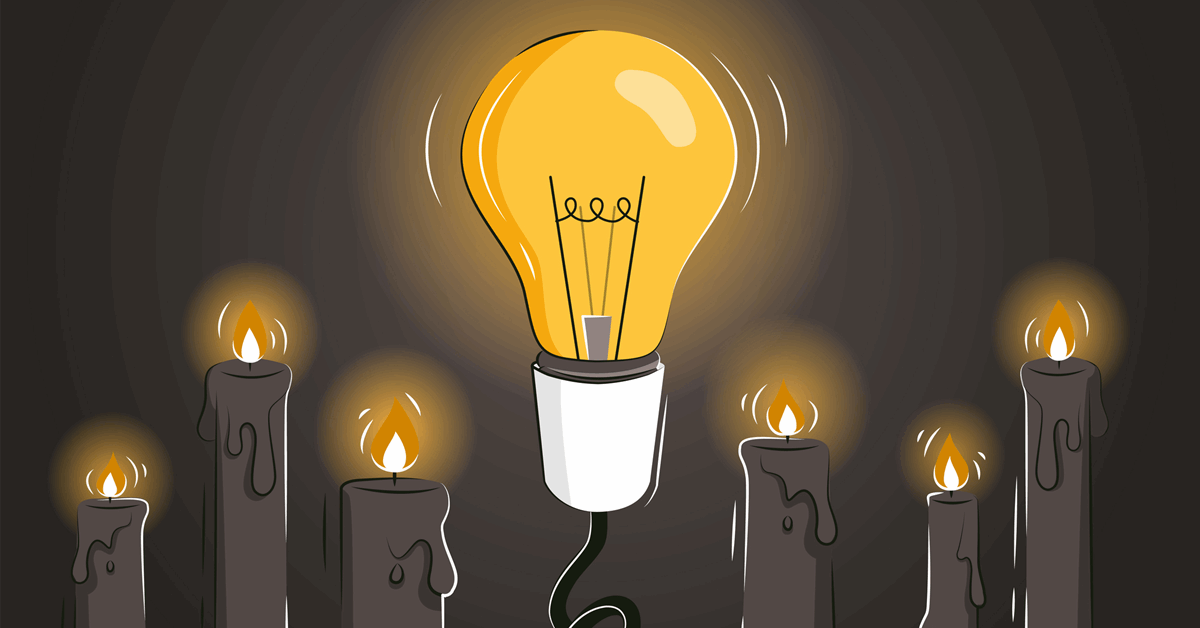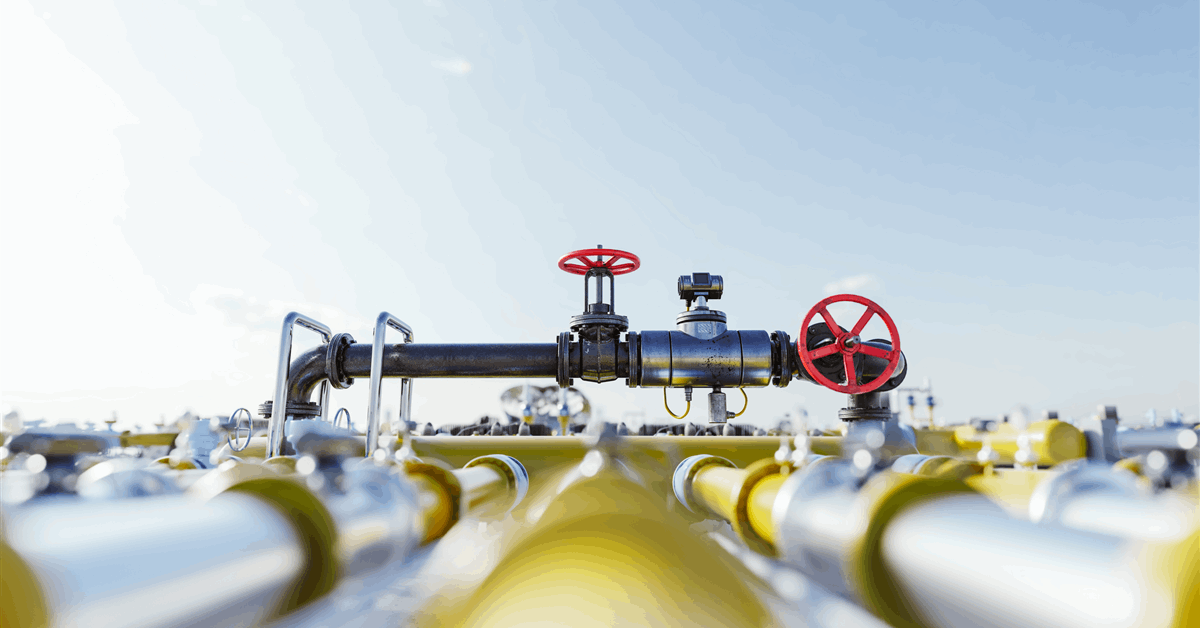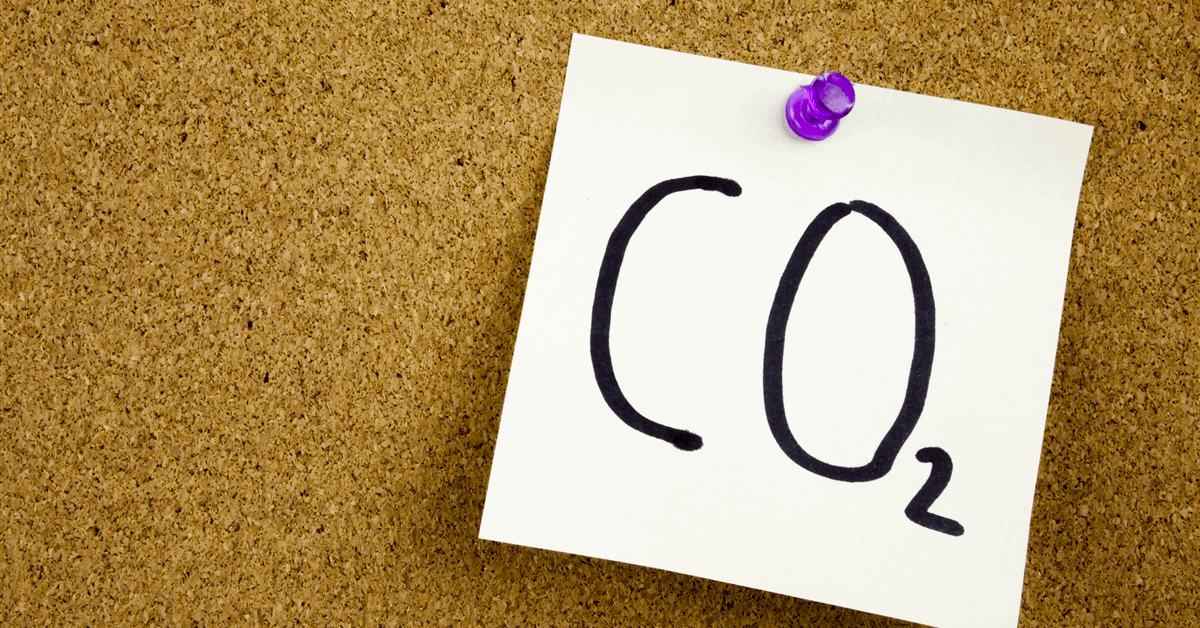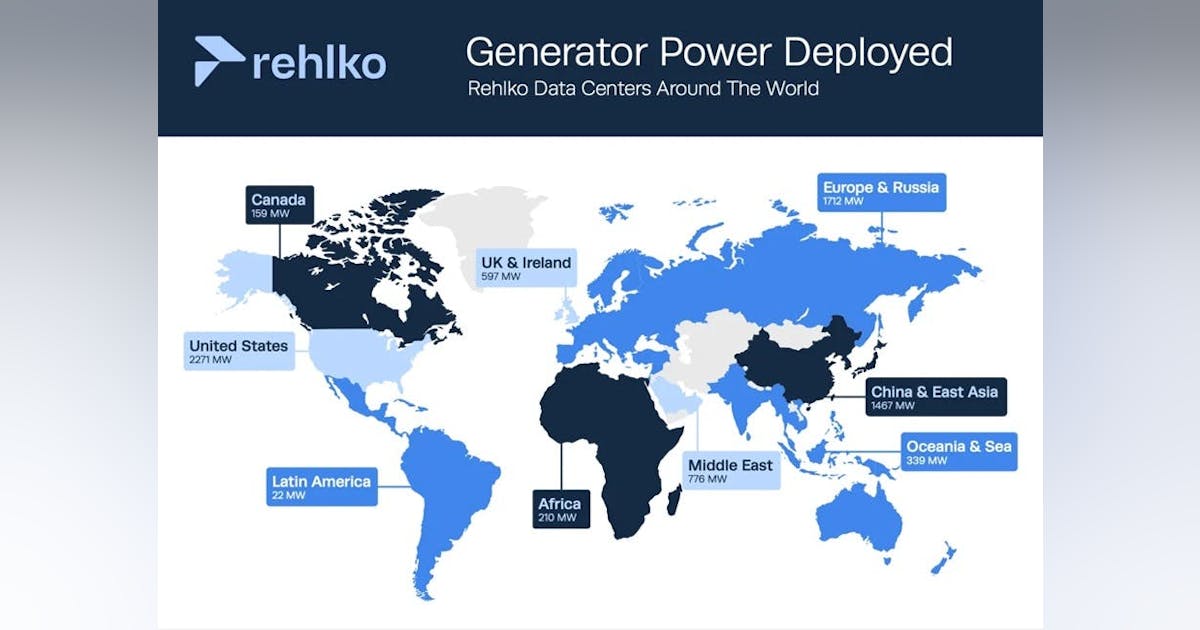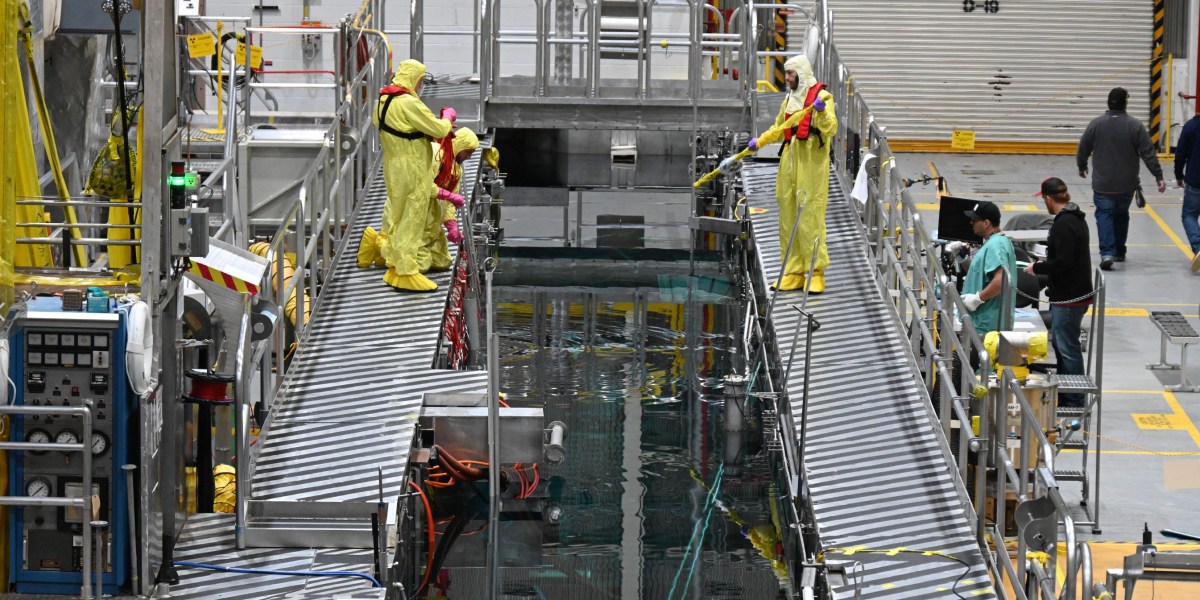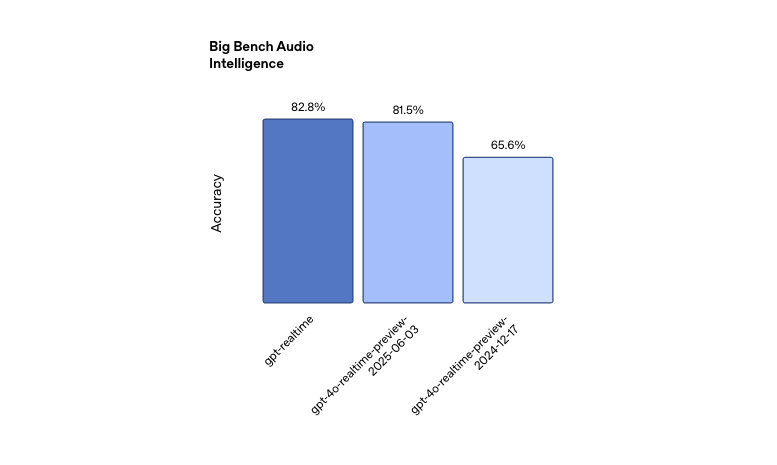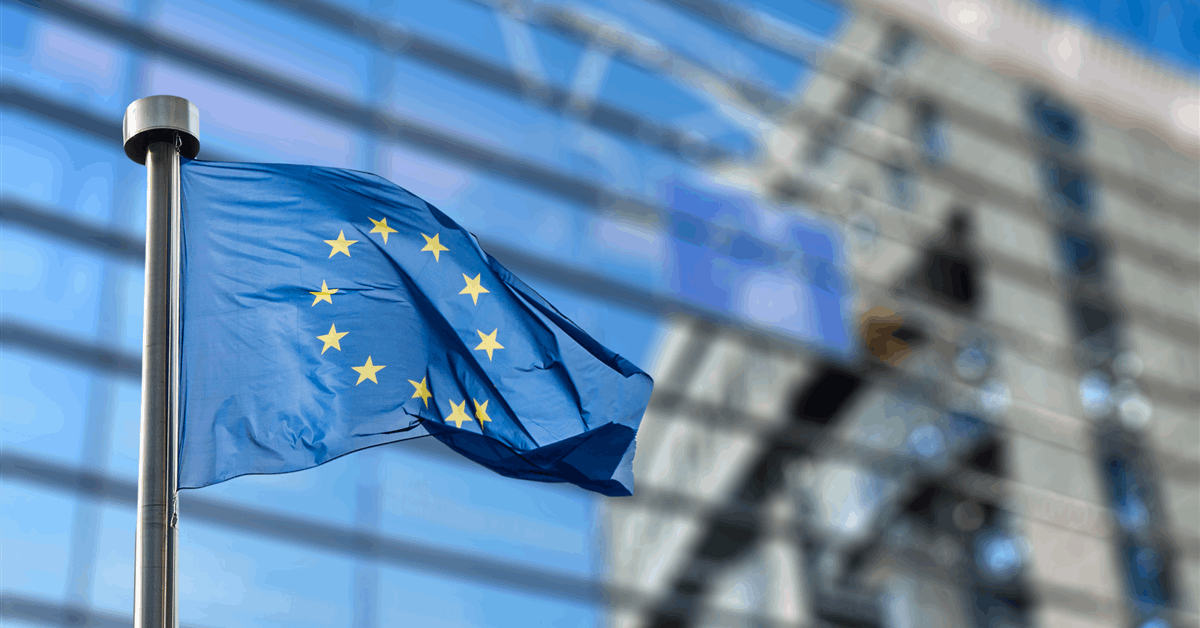
Secondary sanctions and measures aimed at Russia’s energy sector would be most effective in curbing Moscow’s ability to wage war against Ukraine, according to the European Union’s foreign policy chief, Kaja Kallas.
Russia’s attack this week on Kyiv, which also damaged the EU’s representative offices in the capital, is yet another reason to increase pressure on Russia, Kallas told reporters in Copenhagen Friday ahead of an informal meeting of defense ministers.
Bloomberg previously reported that the EU is mulling the use of secondary sanctions to prevent third countries from helping the Kremlin circumvent the bloc’s existing penalties, as well as further measures on the country’s oil and gas and financial sectors.
“We are working on the next package, there are several options on the table,” Kallas said. “Of course, what will hurt them the most is any sanctions on energy and secondary sanctions that Americans have put for example, but also financial services.”
Foreign ministers on Saturday are expected to discuss the use of the so-called anti-circumvention tool that was adopted in 2023 but that hasn’t been used yet. This tool can prohibit the export, supply or transfer of certain goods to third countries that are considered aiding sanctions circumvention.
They’ll also discuss the bloc’s 19th package of sanctions that’s for now mainly expected to focus on Russia’s alleged abductions of Ukrainian children.
The challenge in the coming days is to agree on new sanctions, security guarantees and funding for Ukraine, according to a European official who spoke on condition of anonymity.
The important thing is to keep up the pressure on the Kremlin, and that would require the US to take decisions, particularly about sanctions, the person said.
On Tuesday, Trump warned of “an economic war” if Russia and Ukraine did not end their conflict, saying he had “very serious” consequences in mind if the fighting continues. The US president had repeatedly threatened to punish Moscow, but failed to follow through so far.
The EU is contributing to Ukraine’s war effort with a “training mission, a military mission and the support to the defense industry” of Ukraine, Kallas added.
“We are discussing today how to change the mandate of all those missions in order to be ready after any peace agreement is put in place,” she said, adding that would be the bloc’s contribution to security guarantees. This would entail training Ukrainian soldiers in the country, and not outside as has been done so far.
Belgian Defense Minister Theo Francken told reporters in Copenhagen that it was possible for his country to send troops to Ukraine following the ceasefire. Kyiv’s allies continue the discussion on how to secure the eventual peace, but no final commitment for the number of troops is expected soon, people familiar with the matter said.
For now, the main focus will remain on increasing Ukraine’s capacity to defend itself as peace talks with Russia remain elusive. A meeting between Ukrainian President Volodymyr Zelenskiy and Russia’s Vladimir Putin is unlikely to materialize, German Chancellor Friedrich Merz said on Thursday. Kremlin spokesman Dmitry Peskov reiterated on Friday that Putin doesn’t rule out meeting with Zelenskiy, but such a meeting must be well-prepared.
The State Department on Thursday approved Kyiv’s request to buy thousands of long-range missiles worth as much as $825 million and funded by the governments of Denmark, the Netherlands and Norway, as well as the US.
Danish Defense Minister Troels Lund Poulsen, touted what he referred to as the “Danish model,” where countries finance purchases of arms produced inside Ukraine, but funds are missing. He estimated that there is production capacity of $17 billion in Ukraine that is not financed.
“Today, it’s necessary to issue a clear call: too few countries are making a substantial contribution to strengthening Ukraine’s defense industry,” he said.
WHAT DO YOU THINK?
Generated by readers, the comments included herein do not reflect the views and opinions of Rigzone. All comments are subject to editorial review. Off-topic, inappropriate or insulting comments will be removed.





